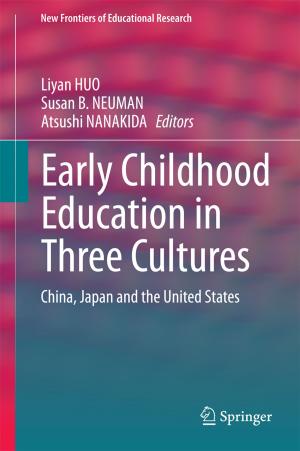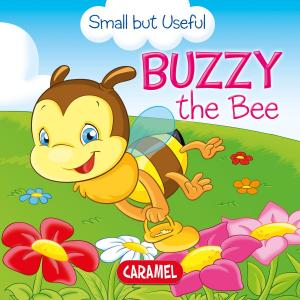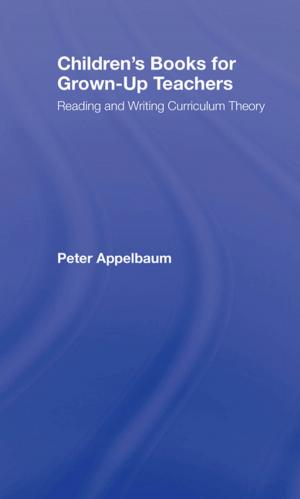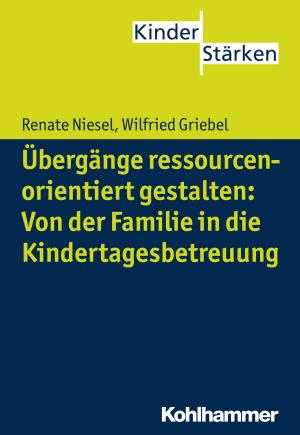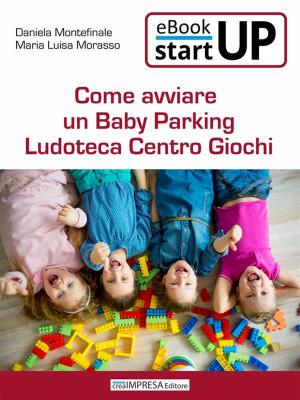| Author: | National Center for Families Learning | ISBN: | 9780998711621 |
| Publisher: | National Center for Families Learning | Publication: | February 15, 2017 |
| Imprint: | Language: | English |
| Author: | National Center for Families Learning |
| ISBN: | 9780998711621 |
| Publisher: | National Center for Families Learning |
| Publication: | February 15, 2017 |
| Imprint: | |
| Language: | English |
An Introductory Teacher Guide for Early Language and Emergent Literacy Instruction
Based on the National Early Literacy Panel Report
The purpose of this guide is to help teachers understand the research reported in Developing Early Literacy: Report of the National Early Literacy Panel (NELP, 2008). The guide describes ways teachers can use the research effectively for early childhood instruction, assessment, choosing curriculum, and helping parents better support their young children’s language and literacy learning. Based on the evidence reported by the National Early Literacy Panel (NELP), this guide will help teachers and program administrators make a significant difference in young children’s literacy learning. It is not enough to base instructional decisions on what we “think” or “feel” is effective. Armed with findings from this report, instructional decisions now can be based on what is known to improve early language and literacy learning. Programs that have a literacy-focused preschool curriculum are going to realize far better outcomes for children than those that do not have such a curriculum. This may mean investing in professional development because teachers who are trained to provide instruction based on research-proven information will get far better outcomes.
An Introductory Teacher Guide for Early Language and Emergent Literacy Instruction
Based on the National Early Literacy Panel Report
The purpose of this guide is to help teachers understand the research reported in Developing Early Literacy: Report of the National Early Literacy Panel (NELP, 2008). The guide describes ways teachers can use the research effectively for early childhood instruction, assessment, choosing curriculum, and helping parents better support their young children’s language and literacy learning. Based on the evidence reported by the National Early Literacy Panel (NELP), this guide will help teachers and program administrators make a significant difference in young children’s literacy learning. It is not enough to base instructional decisions on what we “think” or “feel” is effective. Armed with findings from this report, instructional decisions now can be based on what is known to improve early language and literacy learning. Programs that have a literacy-focused preschool curriculum are going to realize far better outcomes for children than those that do not have such a curriculum. This may mean investing in professional development because teachers who are trained to provide instruction based on research-proven information will get far better outcomes.
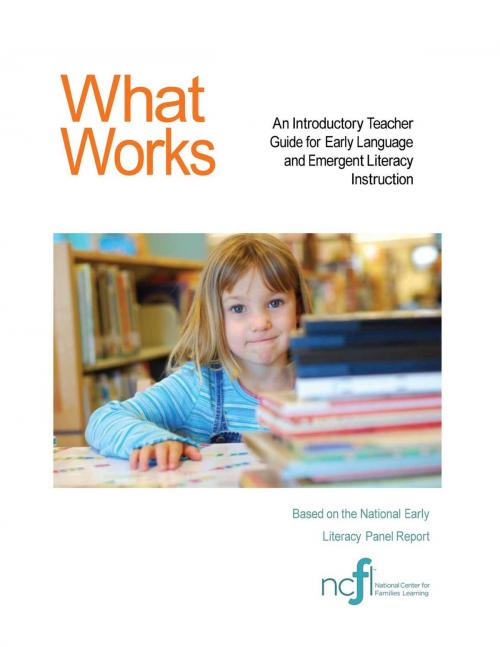


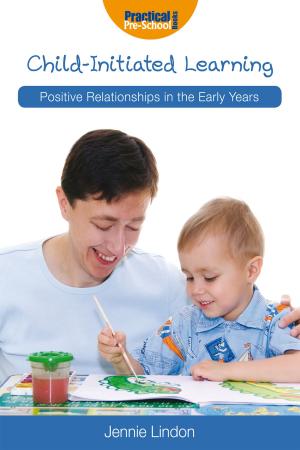

![Cover of the book ABC Animal An Interactive book game And ABC Animal Phonics [Fee Ebook And Audio] by National Center for Families Learning](https://www.kuoky.com/images/2013/may/300x300/1230000136489-gZMf_300x.jpg)

